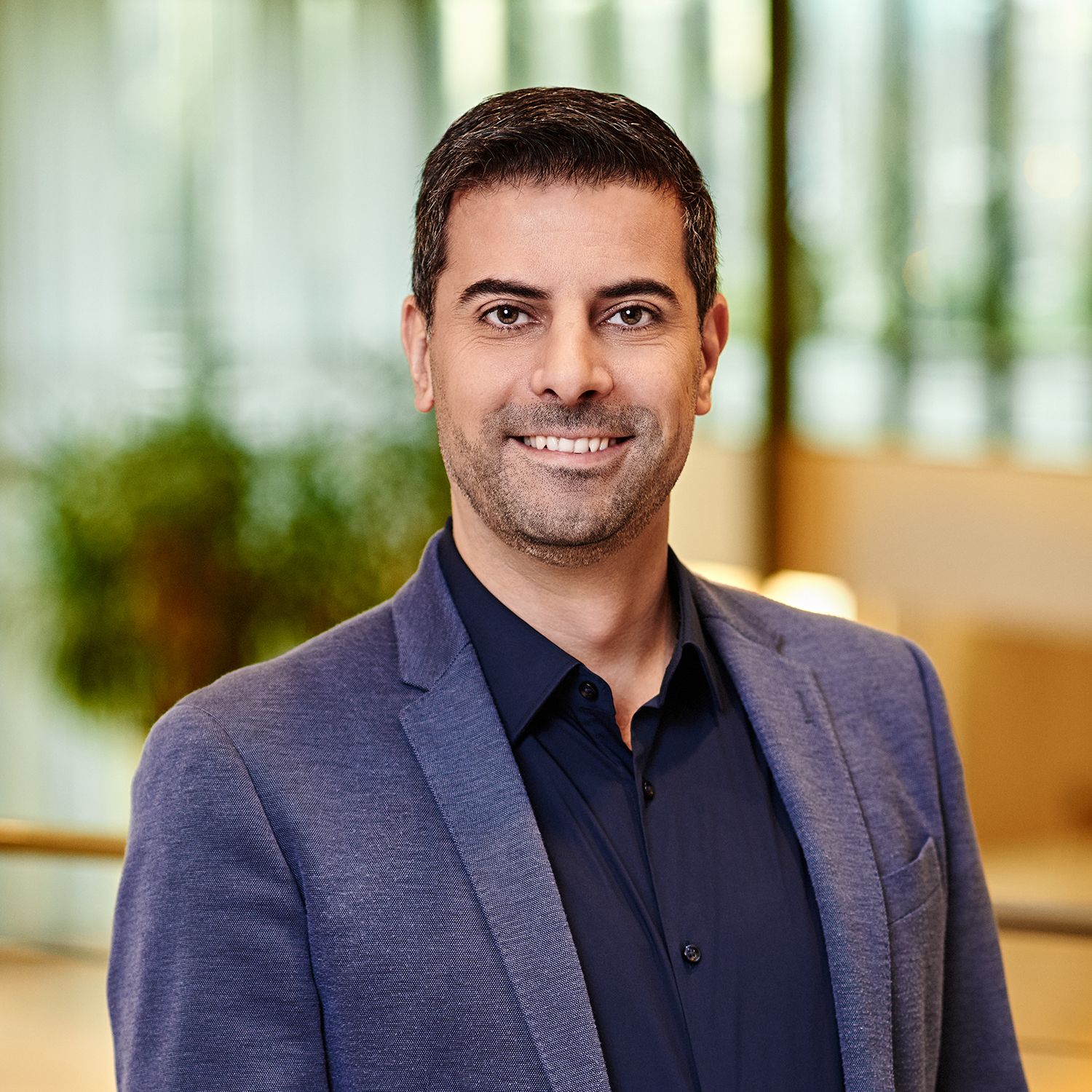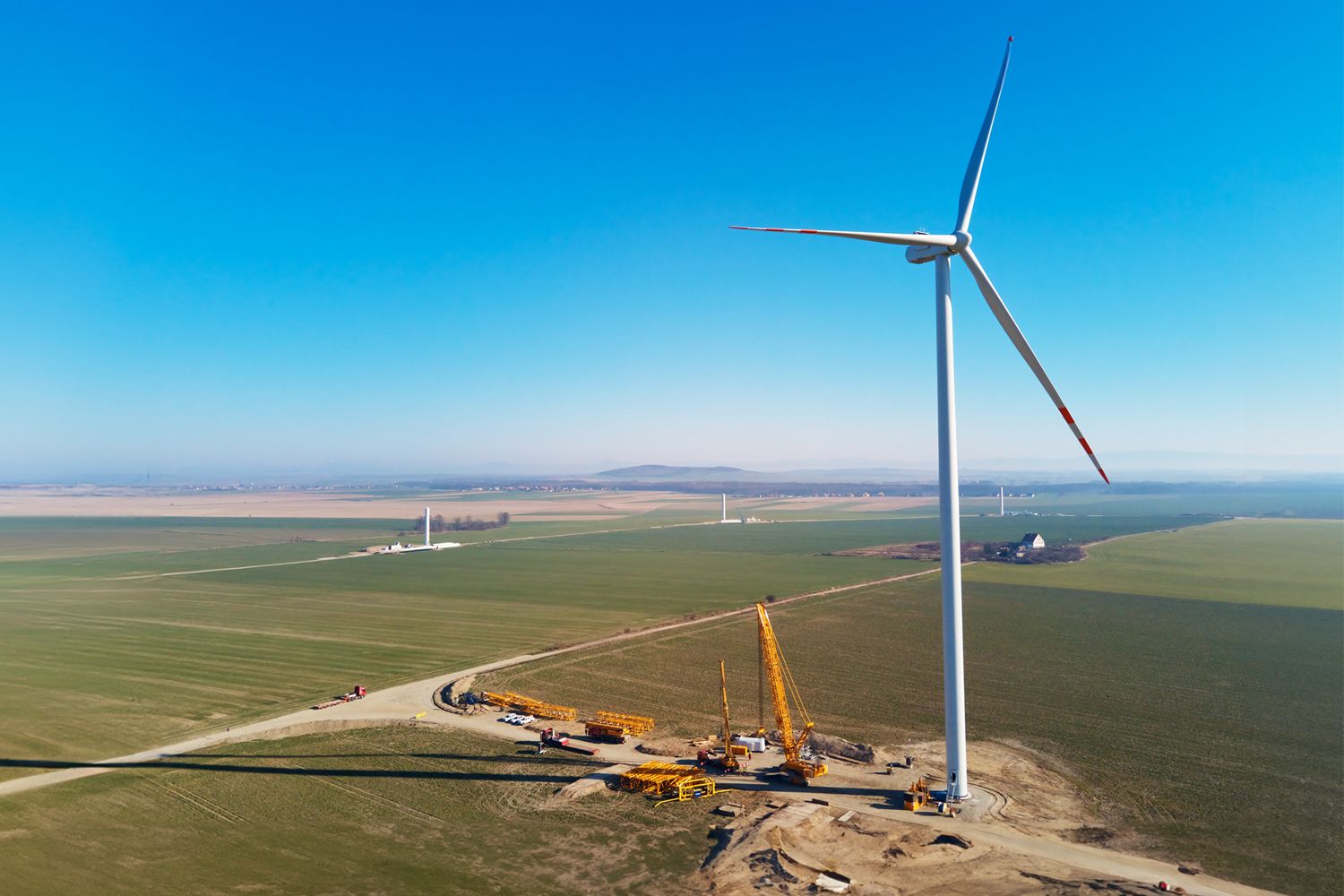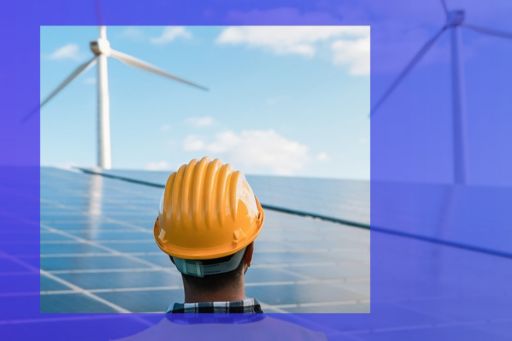This year’s COP28 in Dubai, United Arab Emirates, draws together world leaders, policymakers, industry innovators, and environmental activists to exchange ideas and formulate strategies to tackle climate change. And KPMG will be at the center of the action, monitoring developments and generating regular insights and status updates.
Key themes this year include the energy transition, accelerating innovation, and the nexus of climate and nature.
KPMG’s COP28 Resource Center helps businesses better understand their nature- and climate-related risks and learn about cutting-edge sustainable practices and technologies that can increase environmental efficiency. With sustainability reporting going mainstream, we’ll also keep you informed of the latest developments on frameworks, regulations and standards.
Every business has a part to play in reversing the catastrophic impacts of climate change, and we want to help with this critical endeavor in any way we can.
Our Insights
Innovation to net zero
An emerging global ecosystem of climate innovators is developing a wide range of exciting new green technologies. Their challenge is to secure funding, find industrial partners to test and pilot new products, and commercialize at scale.
KPMG firms are working with clients large and small to help them fulfil their potential and unleash climate, sustainable energy, carbon reduction and removal solutions. Calling on our deep knowledge of the public and private sectors, KPMG professionals can assist with matters like regulation, risk and value assessment, finance and investment, data management, and complex stakeholder processes.
Cities have a crucial role to play in the net zero transition, which is why KPMG developed the Net Zero Urban Program in collaboration with United Cities, to accelerate decarbonization in urban environments.
Energy transition
Scaling up the development, provision and adoption of renewables requires a huge, collaborative effort from governments, businesses, regulators, investors and consumers. This involves significant investment in grid infrastructure, and faster planning and permitting to provide the land needed to generate the power. Energy storage capacity should be expanded at pace, along with incentives to accelerate innovation of all relevant renewable technologies.
Many of the raw materials needed to drive the green revolution are in short supply, while extraction – along with construction of renewable facilities – carries risks to nature and biodiversity. The renewables industry itself may be vulnerable to climate change, so any solutions must attempt to build resilience to ensure a ready future supply of clean energy for all nations, rich and poor.
Climate and nature nexus
As biodiversity become a growing priority, businesses are learning more about how their operations affect the natural world – and what they can do to mitigate any negative impacts. Driven by the Taskforce on Nature-related Financial Disclosures (TNFD), regulators are increasingly asking organizations to incorporate both climate- and nature-related risks into their reporting.
Understanding the requirements of both the TNFD and the TCFD (Taskforce on Climate-related Financial Disclosures) is essential, in order to satisfy regulators, investors, customers and other stakeholders. Boards are under significant pressure to address environmental issues, and need to grasp the implications of climate and nature risks and opportunities. We recommend an integrated approach, to embed sustainability and evolve to a circular, climate- and nature-friendly business model.
Giving tomorrow's leaders a bigger voice at COP28
Climate change is arguably the greatest threat to our collective future. Society's younger members will be most affected, yet tomorrow's leaders lack a voice in today's conversations on this existential issue.
In October 2023 KPMG International surveyed 363 young people from 38 countries to hear what they had to say on the private sector's role in COP28 negotiations, and the priorities for senior business leaders. The responses - both globally and regionally - offer some compelling pointers on how private companies can help tackle climate change and its associated social challenges.















